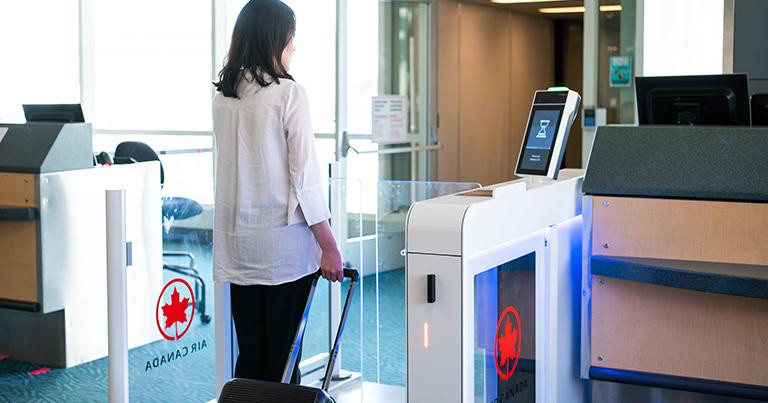Navigating Canadian Travel Requirements

Essential insights into Canada's travel authorization process
Navigating the intricacies of international travel regulations can be daunting, especially when planning a visit to a country as vast and vibrant as Canada. One key requirement for many travelers is the Electronic Travel Authorization (eTA), a critical component of Canada’s modernized immigration system. In this guide, we'll explore what an eTA is, who needs it, how to obtain it, and why it's essential for seamless travel to Canada.
Understanding the Electronic Travel Authorization (eTA)
The Electronic Travel Authorization is a mandatory entry requirement for foreign nationals from visa-exempt countries who are flying to or transiting through Canada. This digital document is part of Canada's efforts to enhance border security while making the entry process more efficient for eligible travelers. With an eTA, entry into Canada becomes more straightforward, as it is electronically linked to your passport, ensuring a smooth transition through immigration checkpoints.
Who Needs an eTA?
If you're traveling to Canada by air from a visa-exempt country, you will need an eTA. It's important to understand the specific exemptions to avoid unnecessary complications. Those exempt from requiring an eTA include:
- Individuals with a valid visa to enter Canada.
- Travelers entering by land or sea.
- Members of the Armed Forces on official duty.
- Flight crew, civil aviation inspectors, and accident investigators.
- French citizens residing in and traveling from St. Pierre and Miquelon.
- Persons entering from the United States or St. Pierre and Miquelon holding valid Canadian status (visitor, student, or worker).
- Accredited diplomats.
- Canadian citizens and dual citizens traveling on a Canadian passport.
- Canadian permanent residents, who should carry their PR card or point of entry documentation.
- US citizens and permanent residents.
Understanding these categories ensures that you can determine your specific travel requirements and avoid any last-minute surprises.
Applying for an eTA: What You Need to Know
The application process for an eTA is straightforward, facilitated through the Canadian federal government's website. Before you apply, ensure you have the following:
- A valid passport.
- A working email address.
- A credit card for the $7 application fee.
The process is designed to be user-friendly, and in most cases, authorization is received within minutes. However, it's prudent to apply as soon as your travel plans are confirmed, as some applications may require additional documentation, extending the processing time to several days.
Timing Your Application
While last-minute applications are possible with internet access and a smartphone, early preparation is advisable. As the eTA is linked to your passport, there is no need for a physical document, simplifying the travel process significantly.
Validity and Multiple Entries
Once granted, an eTA is valid for five years or until your passport expires, whichever comes first. This long validity period allows for multiple entries into Canada, making it an ideal solution for frequent travelers.
Staying Informed: Latest eTA News
Keeping abreast of the latest news regarding the eTA is essential for all travelers. Recent updates emphasize the importance of avoiding scams by ensuring the application fee remains $7. Additionally, changes in eTA rules, such as those affecting dual citizens, can impact processing times, highlighting the need for up-to-date information.
As you plan your visit to Canada, understanding the nuances of the eTA can significantly enhance your travel experience, ensuring that your journey is as seamless as possible. Whether you're exploring Canada’s breathtaking landscapes or conducting business, the eTA is a crucial step in your travel preparations.
In conclusion, the eTA is not just a travel document; it's a gateway to experiencing the beauty and diversity of Canada. By securing your eTA well in advance and staying informed of any changes, you can focus on enjoying your trip, confident in the knowledge that your entry into Canada is secure.
